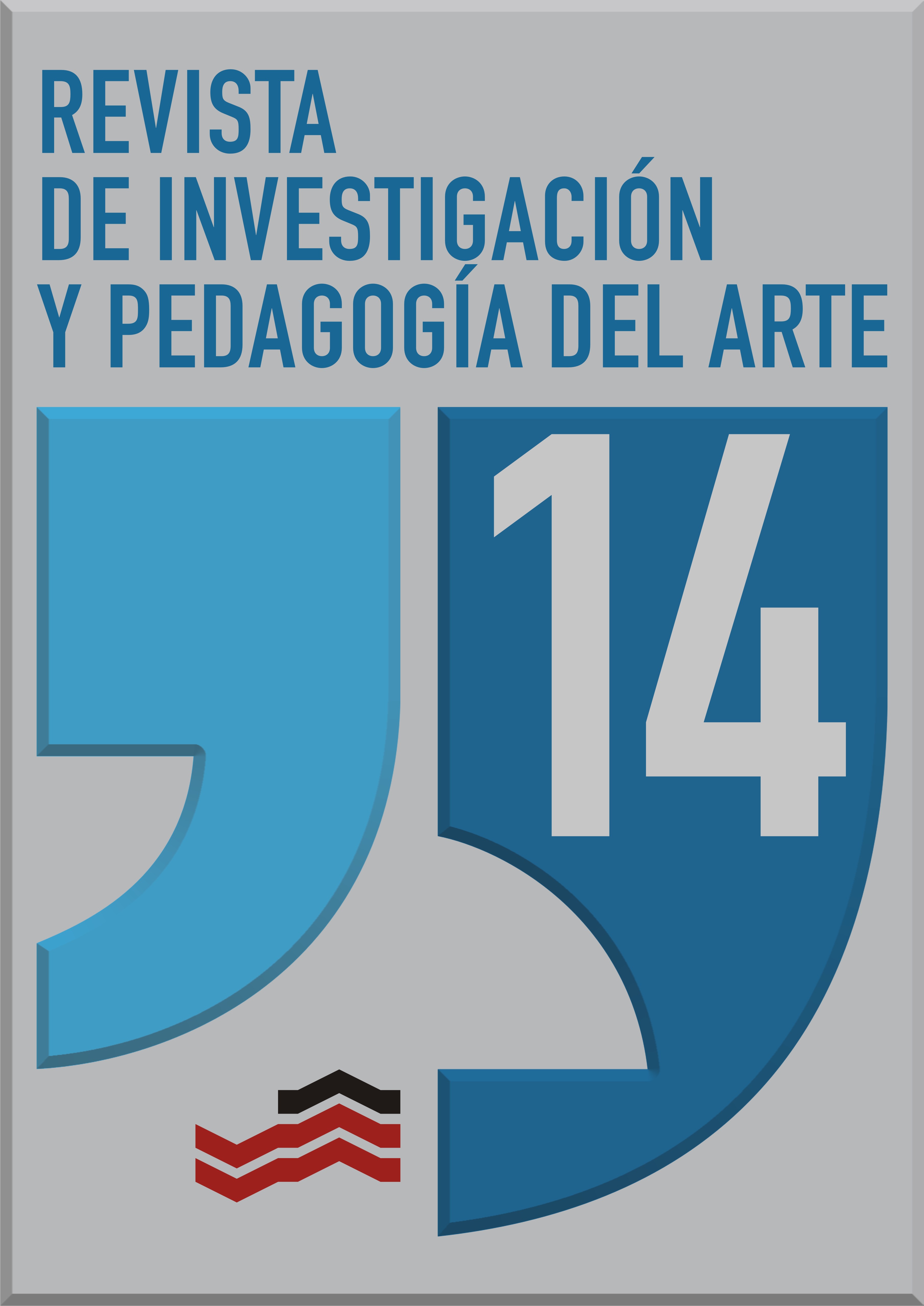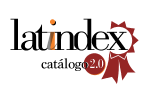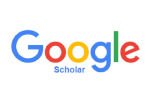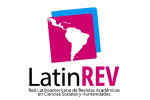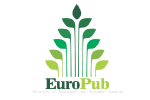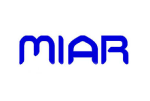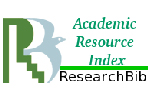Design of educational projects for development of complex thought in Cultural and Artistic Education
DOI:
https://doi.org/10.18537/ripa.14.01Keywords:
complex thinking, transdisciplinary methodology, project-based learning, artistic creation, Cultural and Artistic EducationAbstract
This work is contextualized in the transition between virtual and face-to-face education that took place in Ecuador as a consequence of the COVID-19 health crisis, and responds to the challenges and pedagogical transformations that have arisen in the subject of Cultural and Artistic Education (ECA). that occurred in this historical moment. The research has the objective of analyzing how the change of modality raised a revision of the educational paradigm whose implication affects the ways of conceiving knowledge that in this case is centered from the arts: how is a class that responds to these changes configured? For this, a quantitative methodology was used, three categories of theoretical analysis were developed with the review of multiple publications, at first the thought of Morin (1999, 2002, 2009, 2020) is reviewed, the transdisciplinary methodology of Nicolescu (1996) and learning based on artistic creation projects by Caeiro (2018). A systematization of projects designed in ten cycles of Basic General Education (EGB) that respond to these categories is presented and the degree of effectiveness of this proposal compared to the traditional class is contrasted, through a survey with a Likert scale; The results are analyzed based on variables such as education based on artistic disciplines, the approach to complex thinking and the relevance of ECA in general education. As a result, a content plan is offered for the classes from First to Tenth EGB that shows in a practical way how the contents could be designed under the paradigm of complexity and aligned to ways of producing knowledge from artistic education. In conclusion, it was confirmed that ECA is an indicator of quality in education that allows critical reflection on the challenges that education currently faces.
Downloads
References
Acosta, & Viramonte. (2019). Arte y pensamiento complejo. Zacatecas: Universidad Autónoma de Zacatecas.
Aguilar. (2004). La hermenéutica filosófica de Gadamer. Sinéctica, 61-64.
Almarza. (2020). Convergencia transdisciplinar: una nueva lógica de la realidad. São Paulo: Pensamiento complejo.
Barberousse. (2008). Fundamentos teóricos del pensamiento complejo de Edgar Morin. Educare, 95-113.
Caiero, Callejón, & Chacón. (2021). El diseño de métodos poéticos y autopoéticos en educación artística: articulando metodologías y metodografías. Arte individuo y sociedad, 33 (3).
Caeiro. (2019). Recreando la taxonomía de Bloom para niños artistas, hacia una educación metacognitiva, metaemotiva y metaafectiva. Educación y pedagogía, 65-84.
Caeiro. (2017). Aprendizaje basado en la creación y educación artística: proyectos de aula entre la metacognición y la metaemoción. Arte, individuo y sociedad, 159-177.
Castells. (2005). Sociedad de la información, sociedad del conocimiento. Economía, sociedad y cultura. Vol. 1 México: Siglo XX.
Collado, & Carapás. (2020). Pedagogías artísticas y praxis interculturales: el cine documental como herramienta didáctica para la innovación educativa. Opción: Revista de Ciencias Humanas y Sociales. Universidad del Zulia. (92), 455-485
Choin, & Moya. (2017). La formación cultural y artística en la educación inicial y general básica en Ecuador: Un acercamiento desde unidades educativas de Azogues. Investigación y pedagogía del arte.
Eduteka. (2015). La taxonomía de Bloom y sus actualizaciones. Madrid: Eduteka.
Eisner. (2002). El arte y la creación de la mente. Barcelona: Paidós.
Gadamer. (1900). Verdad y método. Heildeberg: Sígueme.
Giráldez. (2009). Aproximaciones o enfoques de la educación artística. Educación artística, cultura y ciudadanía, 69-74.
Giráldez, & Palacios. (2014). Educación Artística en Iberoamérica: educación primaria. Madrid: OEI.
Habermas. (1981). Teoría de la acción comunicativa, I. Frankfurt: Taurus Humanidades.
Jara, Oscar. (2018). La sistematización de experiencias: práctica y teoría para otros mundos posibles. Bogotá: CINDE.
Kuhn, Tomás (1962). La estructura de las revoluciones científicas. México: FCE. Enlace: https://materiainvestigacion.files.wordpress.com/2016/05/kuhn1971.pdf
Lowenfeld, & Brittin. (1970). Desarrollo de la capacidad creadora. Madrid: Kapeluz.
Maldonado, & Martins. (2013). Metodologías de investigación en comunicación. Perspectivas transformadoras en la práctica investigativa. Quito: CIESPAL.
MINEDUC. (1996). Reforma curricular para la educación básica. Quito: Mineduc.
MINEDUC. (2020). Plan Aprendamos Juntos en Casa. Ámbito pedagógico curricular. Quito.
MINEDUC. (2020-2021). Currículo priorizado para la emergencia. Quito: Mineduc.
Moraes, M. C. (2007). Reforma del pensamiento y reforma de la educación para aprender a vivir. São Paulo: Universidad Autónoma de Madrid.
Morin, E. (1999). Los 7 saberes necesarios para la educación del futuro. París: UNESCO.
Morin, E. (2009). Introducción al pensamiento complejo. Barcelona: GEDISA.
Morin, E.(2002). La cabeza bien puesta. Repensar la forma, repensar el pensamiento. Nueva Visión.
Morin (2020). Cambiemos de vía. Ediciones Paidós.
Nicolescu. (1996). La transdisciplinariedad, manifiesto. París: 7 Saberes.
Pascual. (2010). Didáctica de la música. Madrid: Prentice Hall.
Pérez, Nuño, & González. (2006). Problema del orden complejo y sus implicaciones filosóficas. Madrid: Universidad Complutense de Madrid.
Piaget. (1968). Psicología Evolutiva. Barcelona: Paidós.
Rodríguez, P. (2019). Bertalanffy y Piaget: Nueva concepción unitaria de la ciencia. Una, 103-149.
Sánchez, & Soto. (2020). Desarrollo de habilidades sociales y pensamiento crítico-reflexivo-creativo a través de la performance, instalación artística y videocreación en el grado de educación primaria. Murcia: Universidad de Murcia.
Slade. (1978). Expresión dramática infantil. Málaga: Santillana.
Subero. (2018). El aprendizaje reflexivo de John Dewey y el aprendizaje significativo de Lev Vigotsky: encuentro de relaciones. Diversa. Escritos pedagógicos, 10-19.
UNESCO. (2021). Reimaginar juntos nuestros futuros: un nuevo contrato social para la educación. París: Unesco.
UNICEF. (2021). Estragos que la pandemia de COVID-19 ha causado a los niños del mundo. Unicef.
Zabala. (2015). Las competencias en la formación del profesorado: de la teoría a las propuestas. Tendencias pedagógicas, 5-32.
Published
Issue
Section
License

This work is licensed under a Creative Commons Attribution-NonCommercial-ShareAlike 4.0 International License.

